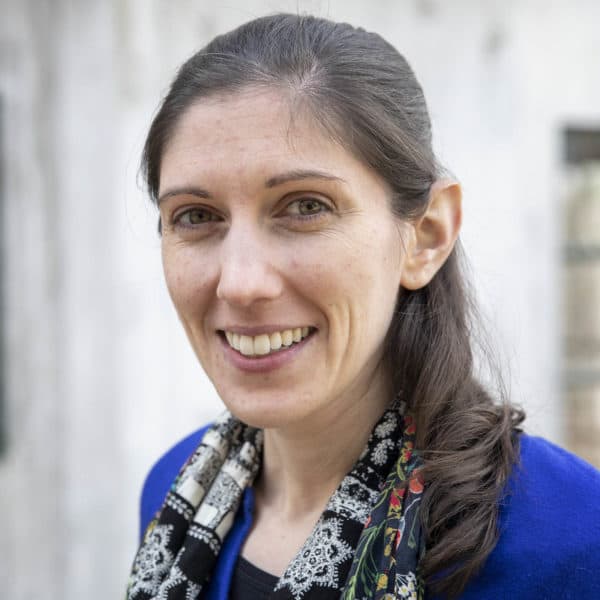Advertisement
Understand more about abortions in Mass. with these 5 graphs
Editor's Note: On June 24, the Supreme Court overturned its landmark Roe v. Wade decision, ending nearly 50 years of constitutional protections for people seeking abortions in the U.S. This story was published in May, after a draft of the court's decision was leaked.
The abortion debate is roiling the country and the state. In anticipation of a Supreme Court decision expected to clear the way for increased restrictions, advocates have rallied, including in Boston and other major cities, to call for abortion rights. Abortion opponents worry Massachusetts might become a “hub” for abortions if the state increases funding and access as others move in the opposite direction.
WBUR looked at data from the state’s Department of Public Health to gain a better understanding of who is getting abortions, and how the numbers have changed since the Supreme Court's landmark Roe v. Wade decision in 1973.
While each person’s path to an abortion is unique and often difficult, the numbers offer a glimpse into what’s at stake in the broader debate. The most recent available data is from 2020.
Perhaps the most dramatic trend is how sharply the number of abortions has dropped in recent years.
In 2020, just under 16,500 people had abortions in the commonwealth. Fifteen years ago, there were about 24,000 abortions a year — more than 40% higher than the current level. The numbers were higher still in 1979 and 1980, when roughly 44,000 people in Massachusetts had abortions.
Why the big drop?
“It’s really simple,” said Rebecca Hart Holder, director of Reproductive Equity Now. “The Affordable Care Act increased access to birth control, decreased the number of unintended pregnancies and then you had a lower rate of abortion.”
But abortions in Massachusetts were already dropping before the Affordable Care Act passed in 2010, and before Massachusetts adopted its own health care law in 2006 that served as a model for the federal law. Elizabeth Nash, of the Guttmacher Institute, a leading research organization that supports abortion rights, said there are two other factors likely playing a role: More people are struggling with infertility, and people are having less sex.
Advertisement
Although much of the national debate, and recent legislation to restrict abortions in some states, tended to focus on terminations later in pregnancy, this is seldom the case in Massachusetts. The data shows the vast majority — nearly three out of every four abortions — happened at eight weeks of pregnancy or earlier. Pills are used in a little more than half of all abortions in the U.S.
Under current state law, abortion is legal in Massachusetts through 24 weeks of pregnancy. After 24 weeks, abortions are legal only in cases of fatal fetal anomalies or to preserve the physical or mental wellbeing of the pregnant person. The state does require anyone under 16 to get consent from a parent or approval from a judge.
When the data is broken out by age, most people who had abortions in Massachusetts in 2020 were in their 20s and early 30s.
Roughly half of the people who had abortions had previously had a child. And nearly half had a previous abortion.
In 2020, nearly all abortions provided in Massachusetts — 94% — were for state residents. Just 4% were provided to people from other states, and the remaining few were designated as unknown. Experts predict that if additional restrictions are placed on abortion in other places, that will increase the number of people crossing state lines to seek care.
However, some advocates estimate the impact will likely be muted in Massachusetts because the majority of states expected to add limitations are not nearby.
Many other New England states also have protections on abortion, although New Hampshire has enacted some restrictions.
